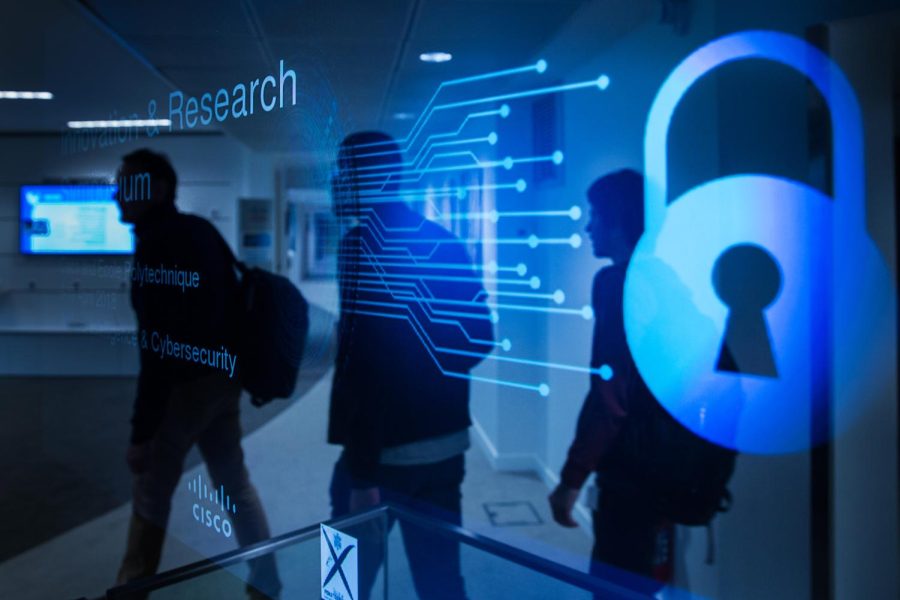Companies should be addressing cybersecurity concerns
May 8, 2023
The past decade has seen a dramatic surge in cyber-attacks worldwide, leaving many businesses wondering when they’ll be the next victim.
After seeing how these attacks can unfold, organizations should make greater investments in their cybersecurity infrastructure to better safeguard their valuable assets.
There have been numerous breaches at companies such as Chick-fil-A, T-Mobile, Uber, Microsoft OneNote and Colonial Pipeline. All of these companies are part of many Americans’ daily lives, demonstrating that hackers do not discriminate against specific industries and prey on those which are most vulnerable to attack.
According to Prevailion’s Cyber Adversary Intelligence, 70% of Fortune 500 technology, 65% of pharmaceutical and 24% of banking firms have been compromised at some point in time.
These attacks all contained signs of active malware, which occurs when a hacker breaches a network by tricking someone into clicking on a malicious link. Malware encompasses viruses, trojans, worms, ransomware and spyware.
Furthermore, an uptick in worldwide usage of social media apps such as TikTok, Instagram and Facebook, in conjunction with the emergence of food delivery services like GrubHub and Postmates, has made people progressively more and more reliant on their devices to navigate the world.
These services require consumers to provide personal information, such as address and credit card information, to work. But they may not be protecting this data as well as they should.
The FBI stated in July 2020 that an unidentified food delivery app had been hacked, causing 280,000 records of customer data to be sold on the dark web.
In 2021, Apple Pay had a bug that affected Visa cardholders who used Express Transit, allowing hackers to carry out financial transactions using the victim’s money.
Companies need to focus on internally patching up their systems to make sure that no vulnerabilities are present. A vulnerability is a weakness in a computer system, giving hackers an easy entry point into a company’s system.
If cybersecurity experts do not address the issue, attackers will be able to easily inject malicious code into applications, affecting everyone who interacts with them. They can then easily steal passwords and sensitive information.
The recent rise of Artificial Intelligence, specifically chatbots such as OpenAI’s ChatGPT and Google’s Bard, has raised even more security concerns. The risks of these softwares being hacked include data theft, malware development, impersonation and business email compromise.
All these risks have a common denominator: human-like behavior. It is already hard enough to curb cyberattacks by real humans behind a screen, but with the development of AI and machine learning, it has become easier than ever to impersonate someone else and write malicious software.
In light of these significant cyber threats, many executives are hesitant to invest in stronger cybersecurity practices, citing high costs as a major deterrent.
According to Benjamin Dean, an Internet Governance and Cybersecurity fellow at Columbia University’s School of International and Public Affairs, companies have little financial incentive to implement safeguards, as the cost of damages is often less than the investment.
For example, Target paid out $252 million in recovery fees and $105 million in damages following a security breach that resulted in the theft of 40 million credit card numbers. Though these may seem like large numbers, their sum total amounts to only 0.1% of the company’s revenue.
On the contrary, 87% of businesses reported that the profitability of a company could increase if it developed a stronger cybersecurity strategy. With many data-driven applications set to generate $13 trillion in revenue, it is now more important than ever for companies to enhance their security measures.
Every sector of a company, from finance to marketing to human resources, can be impacted by cybersecurity breaches. In this digitized world, businesses must secure their assets as quickly as possible, as a breach could steal them in the blink of an eye.






